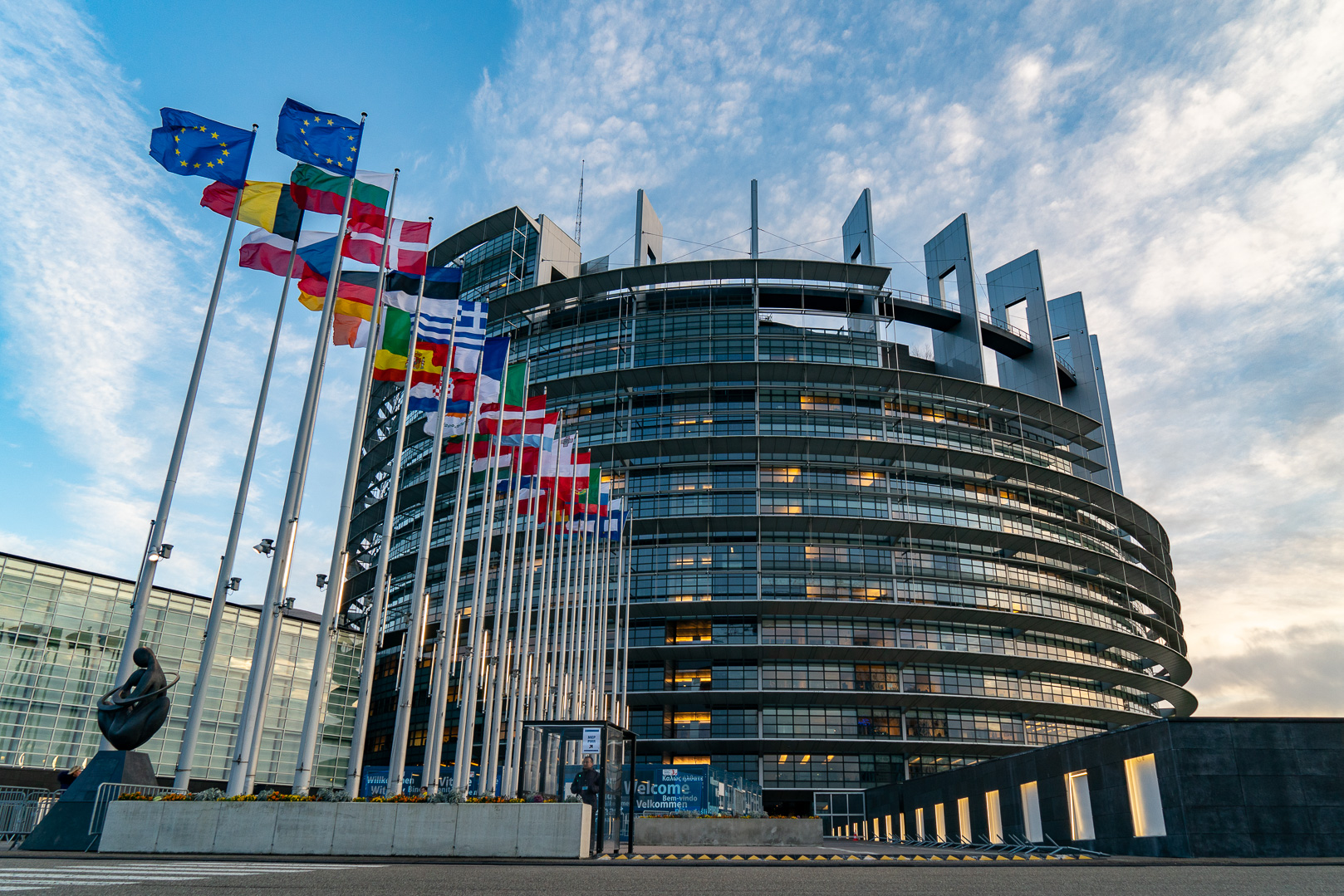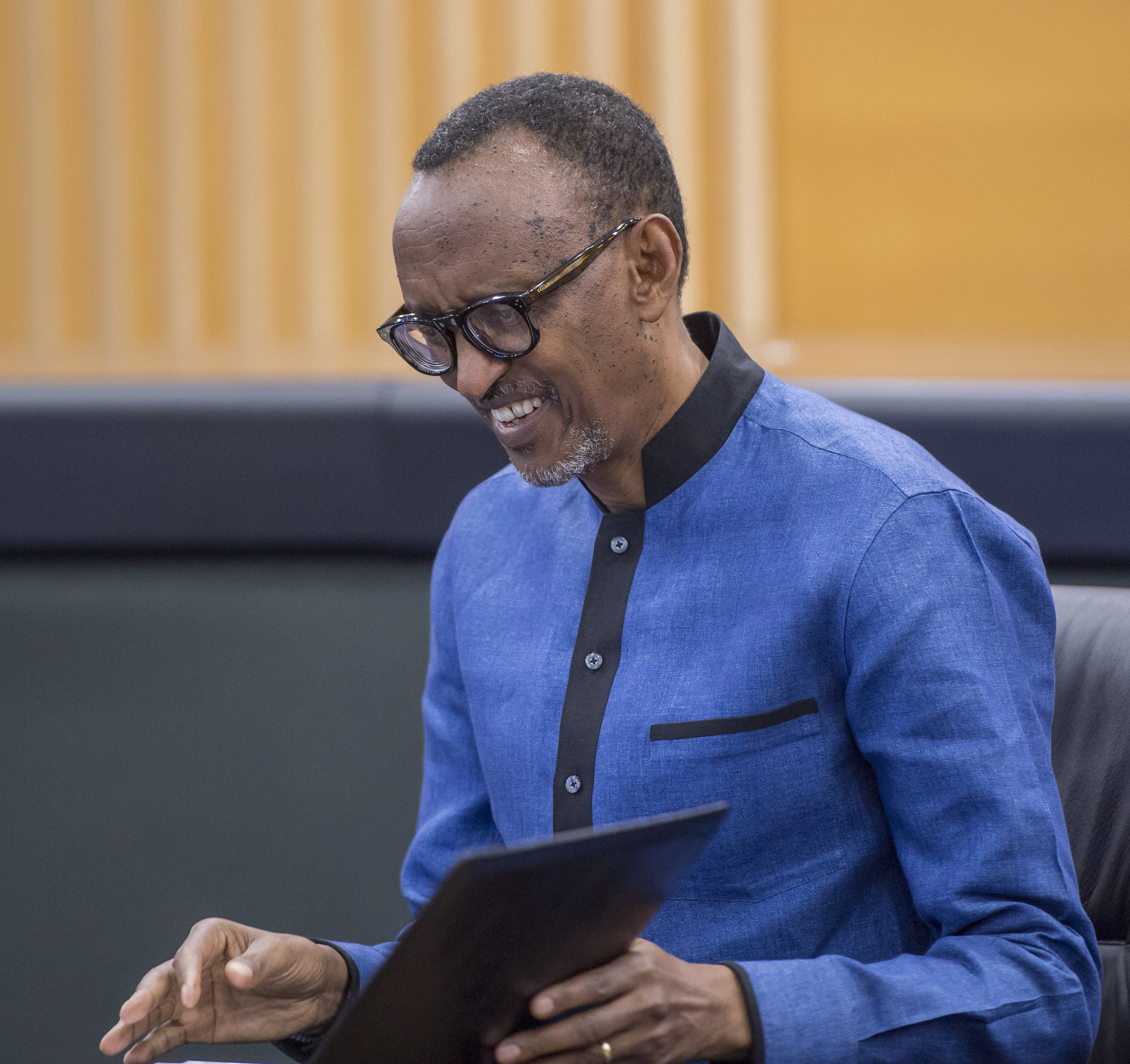International
EU Parliament’s resolution on Rusesabagina a continuation of the Berlin Conference

On
October 7, the EU Parliament passed a resolution condemning the arrest of Paul
Rusesabagina, questioning the fairness of the verdict against him, and urging
the EU to step up efforts to get him freed and repatriated to Belgium.
Many
commentators ascribed the resolution to gaps in the EU Parliament’s knowledge
about details of Rusesabagina’s trial. However, after careful analysis of the
resolution, I could not help wondering whether ignorance is the only
explanation of their prejudices that are reminiscent of the Berlin Conference.
The
Berlin Conference of 1884–1885, also known as the Congo Conference or West
Africa Conference, regulated European colonization and trade in Africa during
the New Imperialism period and coincided with Germany's sudden emergence as an
imperial power. It was convened to discuss African colonization, with the aim
of setting up international guidelines for making claims to African land to
avoid conflict between European powers, and legitimising ideas of Africa as a
playground for outsiders.
Despite
being cautioned by the executive organ of the EU not to “lose sight of the
serious allegations against” Rusesabagina, in spite of briefs of the EU
delegation in Kigali, and the highly trained experts that line the corridors
and offices of the European Parliament, in addition to the possibility to
monitor the trial which was broadcast live, online, ignorance alone can’t
account for their aberrant resolution. There is more to ignorance that explains
their contempt, entitlement and lack of empathy for the victims of the FLN
attacks.
First,
ignorance is untenable because members the EU lawmakers are well informed about
the attacks. They know very well who was responsible. It is public knowledge
that FLN unequivocally claimed the attacks that killed innocent civilians on
Rwandan territory.
On
December 15, 2018, FLN assailants carried out the deadliest attack, ambushed at
least three buses at Kitabi in Nyungwe forest, on the Huye-Rusizi road, killing
six people. Following this attack, on December 17, 2018, the German Embassy
updated its travel advisory to its nationals, alerting them of “risks of
TERRORIST attacks in the area of the Nyungwe Forest National Park.”
Evidently,
the European Parliament resolution of October 7 has nothing to do with a search
for the truth. Instead, it is a baseless negation of facts at the disposal of
Western institutions, including the information that Rwanda has shared with
Belgium and U.S. governments for almost a decade.
The
attitude of European lawmakers speaks volumes when it comes to their lack of
empathy for African lives. This is reflected in their show resolution – which
makes no mention of the victims of the “activities attributed to MRCD-FLN”
despite the EU Parliament’s posture of standing for human rights in the world.
Their
resolution is a continuation of seeing Africans as lesser human beings. The
European Parliament, like their imperialist Berlin Conference ancestors,
thought it can rewrite the recent history of Rwanda through the erasure of the
crimes of Rusesabagina whom they depict as a “human rights defender, Belgian
citizen and US resident.”
The
authors of the resolution went on the assumption that the presence of
Rusesabagina, a Belgian citizen, can only bring salvation to Rwanda, and naïve
Rwandans should believe it if their European ‘masters’ say it is true.
The
use of the word “attributed” when referring to FLN terrorist attacks is aligned
with conspiracies entertained by the defenders of Rusesabagina who are working
hard to absolve him, either by claiming there is no proof the attacks happened
at all, or as suggested by Rusesabagina’s daughter, Carine Kanimba, the attacks
might be “false flag operations” by the Rwandan government to incriminate
Rusesabagina.
The
attitude behind the European Parliament resolution is explained by the
assumption of superiority of European institutions over African institutions. While no executive or legislative institution
in Europe can dare debate in public or pass a resolution concerning a verdict
of a court in Europe, the European Parliament assumed exceptional and
paternalistic power of judicial review and oversight over the Rwandan
judiciary.
Despite
the EU Commission reminding that, “Rusesabagina has the right to appeal the
verdict”, the European Parliament substituted itself to the Rwandan
jurisdiction competent to hear the case on appeal, by finding the arrest,
detention and conviction of Rusesabagina illegal.
The
European Parliament imperialistically even went into technical aspects of the
trial, and found that, “additional evidence was announced [when rendering the
verdict] that had not been previously heard by the court or submitted during
the trial.”
In
Europe, a legislative branch can never assume such powers over a court case
that hasn’t been judged at last resort. Yet they think they can do as they wish
in Africa. These people have no shame.





